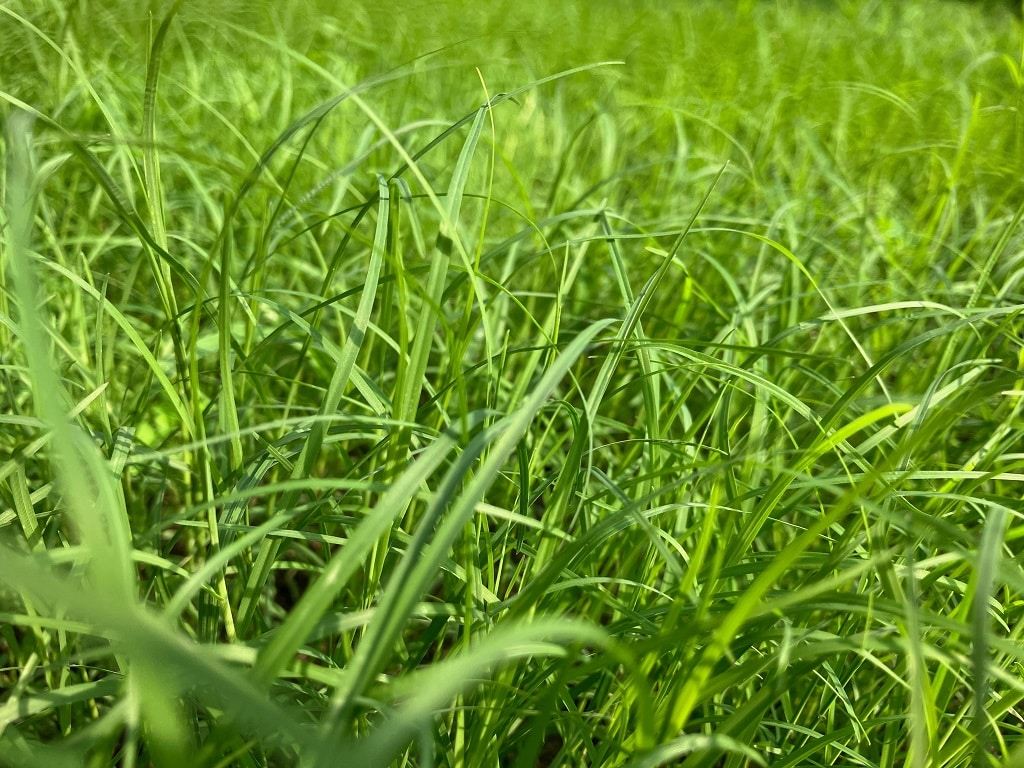What is the Best Bermuda Grass for Texas?
Choosing the right Bermuda grass for your Texas lawn is essential for maintaining a lush, green, and resilient landscape. This article will guide you through the best Bermuda grass options for Texas, considering factors like climate, soil type, and maintenance needs. Bermuda grass is popular due to its durability, heat tolerance, and ability to thrive in Texas conditions.

Most Durable Grass for Texas Lawns
Bermuda grass stands out as one of the most durable grass types for Texas lawns. Its deep root system and heat tolerance make it ideal for the hot, dry Texas summers. It can withstand heavy foot traffic and quickly recovers from damage, making it perfect for both residential and commercial properties.
Types of Bermuda Grass for Texas
- Common Bermuda: This type is widely used due to its adaptability and hardiness. It establishes quickly and forms a dense, durable lawn that can endure significant wear and tear.
- Hybrid Bermuda: Varieties like Tifway and TifTuf are known for their finer texture and enhanced drought resistance. These hybrids provide a lush, green lawn with excellent durability.
- Texas Tough Bermuda Grass Seed: Specifically bred for Texas, this seed offers superior drought and heat tolerance, making it an excellent choice for the challenging Texas climate.
Best Bermuda Grass Seed for Texas
For Texas lawns, several Bermuda grass seeds are particularly well-suited:
- Texas Tough Bermuda Grass Seed: Designed for the Texas climate, offering high resilience and low maintenance.
- Sahara Bermuda Grass Seed: Known for its ability to thrive in harsh conditions, providing a dense and durable lawn.
- Princess 77 Bermuda Grass Seed: A premium seed that produces a fine-textured, dark green lawn.
Planting and Maintenance Tips
To achieve the best results with Bermuda grass in Texas, follow these planting and maintenance tips:
- Planting Time: The optimal time to plant Bermuda grass in Texas is late spring to early summer when soil temperatures reach 65-70°F. This timing ensures optimal growth and establishment before the peak summer heat.
- Soil Preparation: Prepare the soil by removing weeds, rocks, and debris. Loosen the soil to a depth of 6-8 inches and incorporate organic matter to improve soil structure and fertility.
- Watering: Initially, water the seeded area lightly but frequently to keep the soil moist. Once established, Bermuda grass requires about 1 inch of water per week, either from rainfall or irrigation.
- Mowing: Mow Bermuda grass to a height of 1-2 inches. Regular mowing promotes dense growth and helps control weeds.
- Fertilization: Apply a balanced fertilizer in early spring and mid-summer to promote healthy growth. Follow soil test recommendations for specific nutrient needs.
When to Plant Bermuda Grass in Texas
Planting Bermuda grass in Texas should be done in late spring to early summer. This period provides the warm soil temperatures necessary for germination and growth. Ensure that soil temperatures are consistently between 65-70°F for optimal results.
Bermuda Grass in San Antonio
San Antonio’s hot and dry climate is perfect for Bermuda grass. Its drought tolerance and ability to thrive in full sun make it an ideal choice for this region. Both Common and Hybrid Bermuda varieties can perform well in San Antonio, providing a lush and resilient lawn.
Transform your Fort Worth yard with Clearfork Lawn Care’s expert landscaping services. We offer artificial turf, lawn care, and comprehensive landscape design and construction to create the outdoor space of your dreams. Contact us today to schedule a consultation and get started on making your yard beautiful and resilient.
